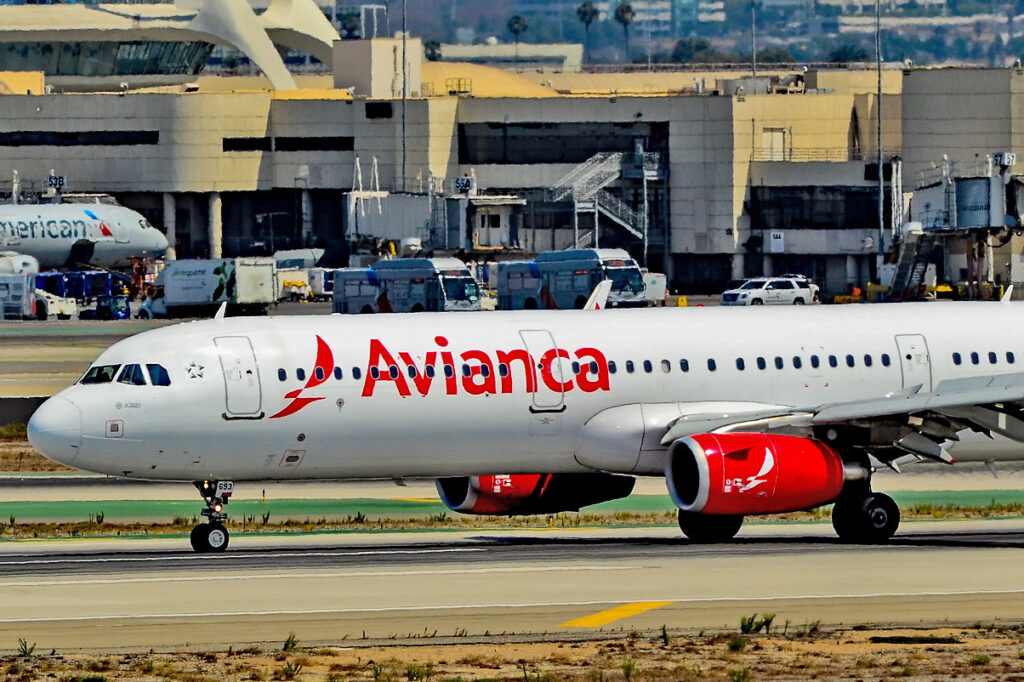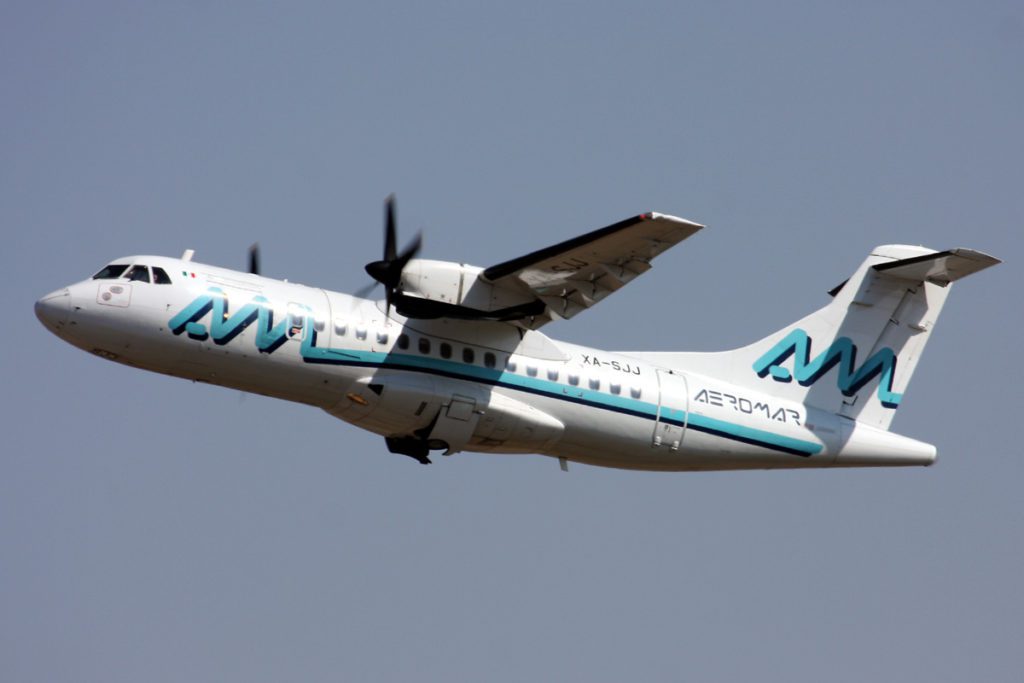Avianca CEO Adrian Neuhauser will take the helm of the Latin American airline group Abra in January. He will pass the reins of the Bogotá-based carrier to its Deputy CEO Frederico Pedreira.
Neuhauser, who oversaw the U.S. bankruptcy restructuring of Avianca into something of a low-cost global carrier, will oversee Latin America’s second largest airline group in his new role. Abra, which includes Avianca and Brazilian carrier Gol, is second only to Latam Airlines in size in the region. Neuhauser replaces Constantino de Oliveira Junior who has led Abra since its creation last year.
“I have full confidence in [Pedreira] and his leadership in executing Avianca’s next steps,” Neuhauser said. “I look forward to continuing to work with him and the entire team for many years to come.”

Neuhauser’s promotion to Abra, and Pedreira’s at Avianca comes amid a broader management shuffle at the group. Oliveira will become executive chairman of Abra’s board in January, and current chairman Roberto Kriete will step down but remain on the board.
Abra, despite its size, is not as large as initially envisioned. A planned merger between Avianca and Colombian discounter Viva Air ran afoul of competition regulators, and Viva entered liquidation in June. And plans to incorporate Chile’s Sky Airline have yet to occur.
Still, Abra will fly more than 18% of all airline capacity within Latin America this year, according to Cirium Diio schedules. Latam will fly 24% and Volaris, the third largest airline in the region, nearly 12%.
